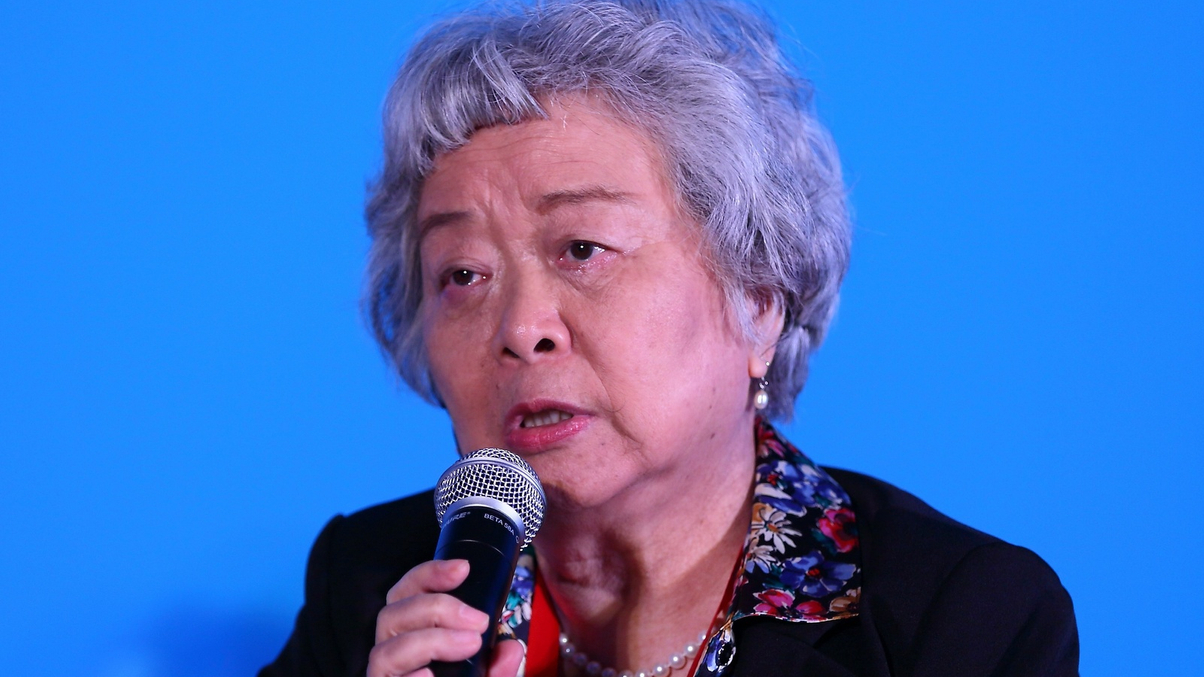China official warns over implied product guarantees
The only way to sustain China’s booming asset management industry is to ensure new product sales avoid implying returns are risk-free, said Wu Xiaoling of the National People’s Congress.

Implied guaranteed returns for Reits and other asset-management products are holding back the opportunity for China to develop a truly big and diverse investments universe, a conference heard.
Sign in to read on!
Registered users get 2 free articles in 30 days.
Subscribers have full unlimited access to AsianInvestor
Not signed up? New users get 2 free articles per month, plus a 7-day unlimited free trial.
¬ Haymarket Media Limited. All rights reserved.


